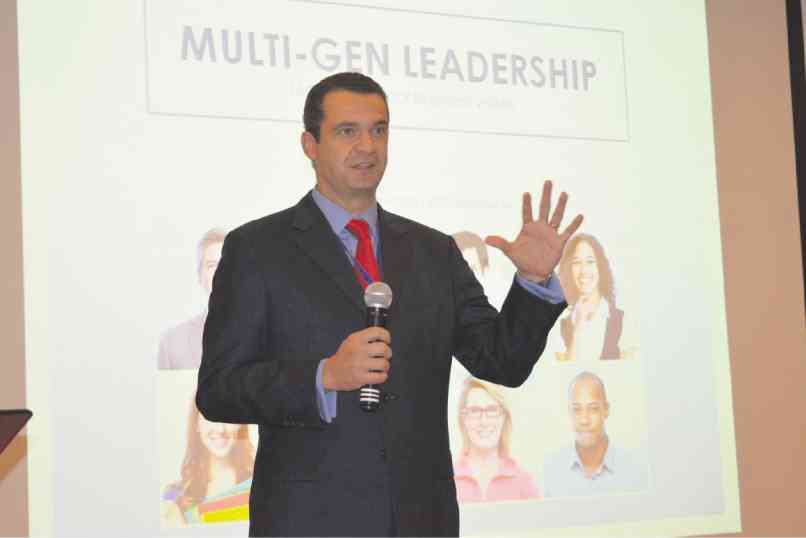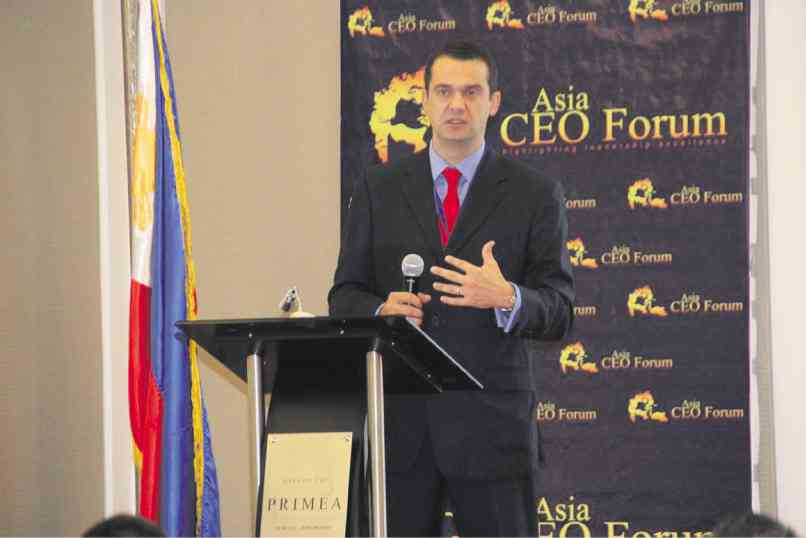Learning from millennials
UPON assuming the position of ADP vice president and general manager, Josep Maria Elias made setting up a personal Facebook page one of his first critical tasks.
He had a hunch that it could serve as an effective primary channel of communication to his Philippine team of 2,700, mostly in their 20s and early 30s.
He and his senior managers understood the importance of strengthening relationships through this medium.
Town hall meetings worked well with earlier generations hired by the outsourcing firm to do human resource-related business outsourcing for global clients.
But these were no longer as effective for millennials born from 1981 to 1995.
Rather than listen to reports or provide feedback, the employees who comprised 75 percent of the work force preferred just to chat at those meetings.
It was far easier and more effective to adapt to their communication preferences rather than insist on the established way of doing things, recalled Elias in a recent Asia CEO Forum on leading a multi-generation employee base.
Today, associate satisfaction at ADP is a high 82.2 per cent; and its associate retention, an equally impressive 82.9 per cent. The last figure could very well be the employee turnover rate of some other firms in the highly competitive BPO space, according to Richard Mills, host of the forum.
Knowing your audience is key to working effectively with them, disclosed Elias. A distinguishing trait of millennials is their propensity to change jobs. While “Gen X-ers” or those born from 1961 to 1980 and the baby boomers before them born from 1945-1960 are likely to think hard before switching employers, millennials struggle imagining they will be working at only one firm even for just a few years.
Elias explained that generations preceding the millennials were educated mostly to be knowledge experts. In contrast, millennials grew up with YouTube and Google Search. “To them, everything can be learned online,” he said.
Their ability to learn quickly is also matched with a desire for continuous and instant feedback, which makes Facebook a preferred communication channel at work. They contrast highly with baby boomers who generally prefer to be evaluated only once a year and are likely to look with suspicion on bosses who give them frequent assessments.
Both generations also significantly differ in how they like to be rewarded at work. Boomers, according to Elias, respond best to monetary rewards while millennials prefer to be motivated by work with purpose and instant recognition.
At ADP, he related, getting one’s photo with Spot, the company mascot who is quick to sniff out great performance, is better appreciated than a written commendation from the boss.
Instant recognition programs have further been supplemented by initiatives to include associates—or the equivalent of rank-and-file employees in other companies—to leadership meetings and projects that matter to the vast majority.
“We’re doing all these because this creates a great competitive advantage for our company,” he said.
After all, a corporate culture that is responsive to its employees and meet their needs is difficult to replicate.
Moreover, ADP’s employee satisfaction rate of 82.2 per cent has been closely shadowed by its client satisfaction rate of 79.8 per cent.
Elias emphasized that much of the leadership principles he and the other managers had been reared on no longer seem to work with the current generation.
A common sentiment of managers is: ‘’I can’t be directive. Socialization is a must. They respect me as far as I am of value (to them.)”
He admitted that shifting leadership paradigms has been a challenge for himself and his associates.
“We’re continuously trying to work with the idea of embracing change. We’re trying to learn from the most basic levels of the organization so we can identify what is needed today, what went wrong yesterday, so we can prevent those from happening tomorrow,” he said.

